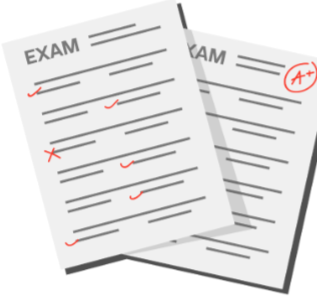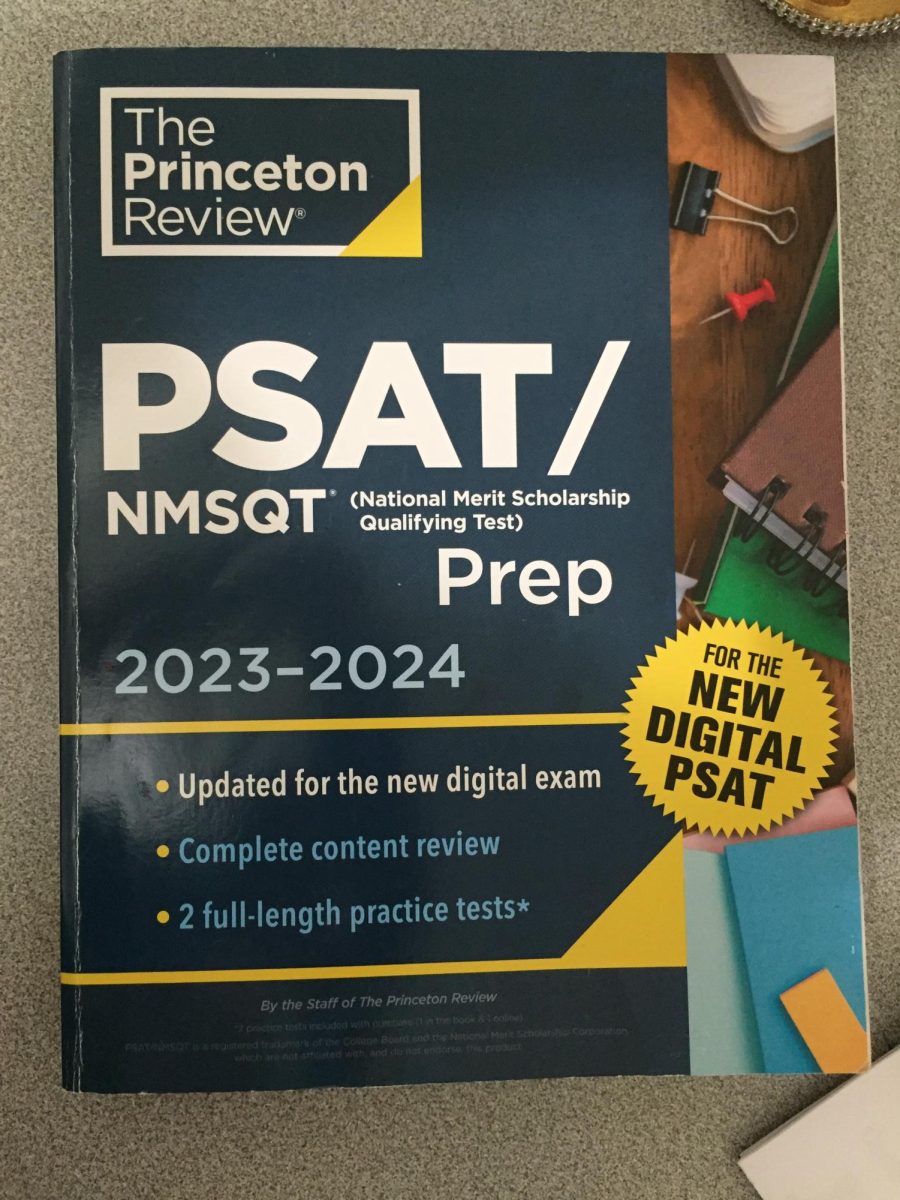
March was the month when many filled out their own brackets in hopes that their team would go “all the way.” The allure of the perfect bracket is much coveted, yet extremely elusive. Since the inception of the NCAA, no one has ever filled out a verifiably perfect March Madness bracket, and likely never will. The closest anyone has come was in 2019 when Gregg Nigl correctly predicted the first 49 games of the tournament.
Still, even with all the odds stacked against us, many still had some glimmer of hope, however short-lived, that their bracket will be “the” bracket. The odds of this, for someone who knows nothing about basketball, is 1 in 9,223,372,036,854,775,808.
But what if you were super lucky?
“Find a penny, pick it up. All day long, you’ll have good luck!” Does this age-old adage even hold any weight when you are trying to complete a perfect bracket, or trying to win big with a lottery ticket?
In reality, scientists and psychologists alike have generally decided that the human idea of “luck” is more of a frame of mind than it is a decider of our fate. People who claim to be lucky are more often than not able to frame the world around them in a way that benefits their outcome and thinking. For example, if a person was walking on a path one day, and suddenly a tree branch fell right where their next step would have been, a person who was “lucky” might see the event as fortunate because the tree did not hit them, whereas a person who was “unlucky” might see the event as unfortunate because the tree almost hit them.
Psychologist Richard Wiseman, author of “The Luck Factor,” believes that there are four main principles that can make people “luckier.” While researching hundreds of people who claimed to either be lucky or unlucky, he found that lucky people will create, notice, and act upon the chance opportunities in their lives and are better able to transform their “bad luck” into good fortune. Lucky people also make successful decisions by using their intuition and gut feelings, and their expectations about the future help them fulfill their dreams and ambitions.
So, if someone were to follow these principles, would they immediately be able to predict the Sweet 16? Unfortunately, the short answer is again no. The four principles are most useful when applied to the mindset we use to go through life.
It is essentially being able to look at a glass and decide that it is “half-full,” not “half-empty.”
However, this does not explain why people with no basketball knowledge can make it further than if LeBron himself filled out a bracket, or the storied legends of March Madness “Cinderella runs.” Are they just… luckier?
Luck may not be real, but statistics and chance definitely are. These events, while highly improbable, are not impossible. “Cinderella runs” happen as the result of a myriad of factors, including underrated team talent, strong chemistry, favorable matchups, and overconfidence. And a perfect bracket by a basketball amateur? Nearly impossible, but hey, miracles happen.






![Mock Trial members from Gold and Green team last year pose for a picture in front of the OCLRE building in Columbus. "We all put in so much work [last] year. I know [this] year we’ll come back improved and ready to win!” said Ogunbodede.](https://shsleaf.org/wp-content/uploads/2025/10/IMG_4121-1200x822.jpg)
